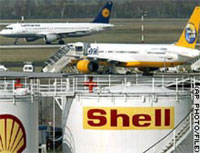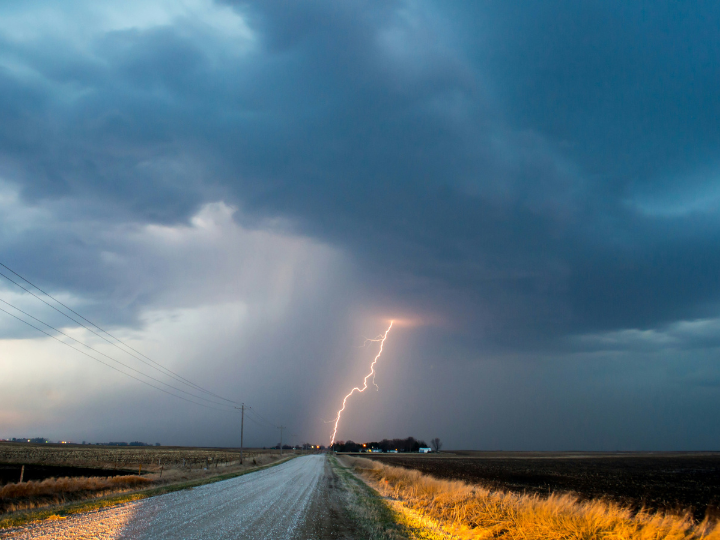As European Union officials consider imposing a tax on airline fuel, carriers are looking to take the lead and reduce their impact on the environment.
Airline officials at an Aviation and Environment summit in Geneva are discussing how to address climate change or face the risk of additional levies.
Environmentalists are lobbying hard for an airline fuel tax, which -- unlike automobile and other transport fuel -- is not taxed.
This comes after EU carriers reacted angrily to a proposal from France and Germany for a "humanitarian" jet fuel tax at a meeting of top finance ministers in London in February.
"The industry must unite to develop an effective strategy to reduce carbon dioxide emissions," said Rod Eddington, CEO of British Airways, at the summit.
"If it does not, governments will view the industry as an easy target for taxes to fund non-aviation projects."
Currently the airline industry is suffering from high fuel prices, which are set to increase after U.S. crude oil hit record levels above $576 a barrel on Thursday.
The industry is also struggling to recover from the travel crisis after September 11, 2001.
But the European Federation for Transport and Environment argues that a tax would "reduce the climate change impact of aviation, the fastest-growing emitter of greenhouse gases."
The federation says the taxes should be used to help "third-world aid" and make European firms more competitive, especially if the revenue is used to offset taxes on corporate profits.
Supporters of the tax believe it would bring aviation into line with other transport forms, such as rail and road, which already pay taxes. Yet airlines argue that a tax will have little effect on consumption.
"Taxes which doubled the cost of aviation fuel and cost airlines and their passengers £50 billion ($96 billion) each year would cut less than 0.5 percent off the growth of air traffic over a 30 year period," says Eddington.
He believes that improvements in air traffic management systems -- such as shorter flight path routes, less stacking of airplanes above airports and the use of continuous descent landings -- could cut emissions by up to 12 percent.
Currently international rules mean that the aviation industry is exempt from fuel taxes. In September 2004 the International Civil Aviation Organization blocked any move toward a tax for at least three years.




 By: N. Peter Kramer
By: N. Peter Kramer
